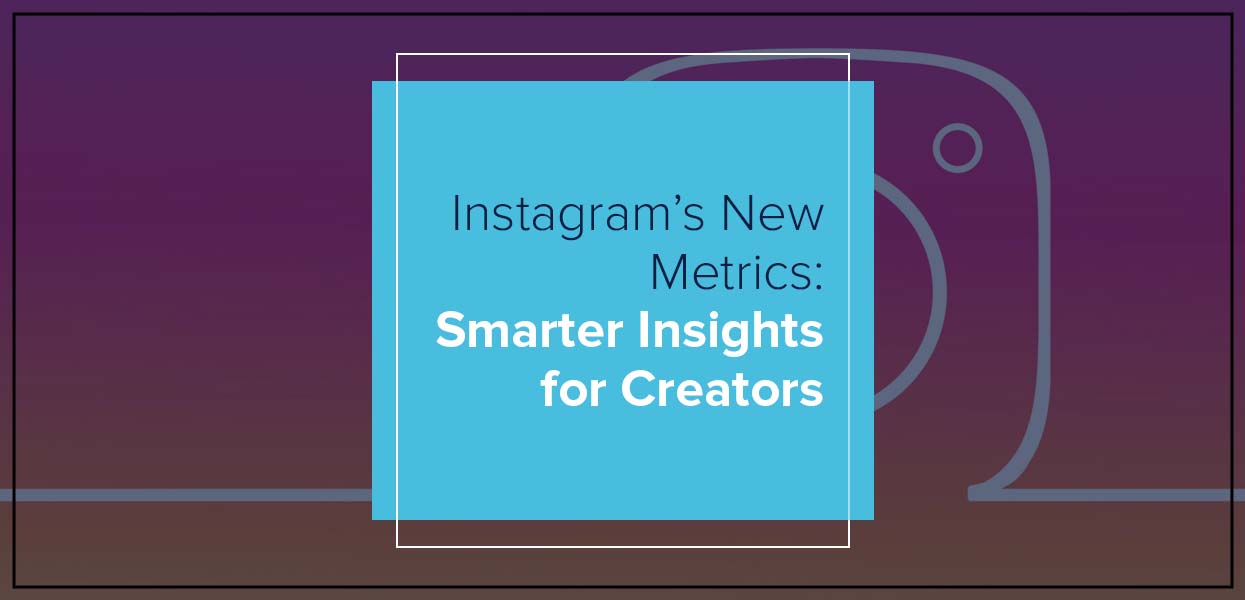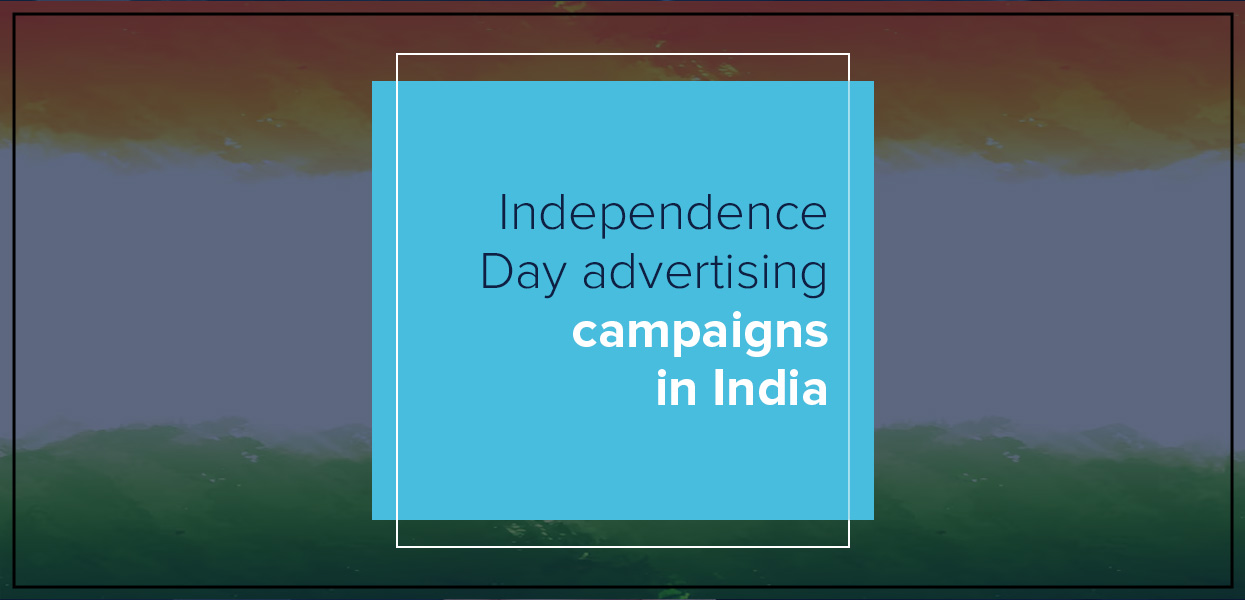What can you do with Google Analytics data in BigQuery?

Using Google Analytics data in BigQuery: What Can You Do?
Google Analytics (GA) is a treasure trove of data, helping you track every click, scroll, and conversion.
But have you ever hit a wall where its native interface doesn't quite give you the full flexibility you need?
That’s where BigQuery, Google’s powerful cloud-based data warehouse, comes in.
Exporting your Google Analytics data to BigQuery opens up endless possibilities for deeper analysis, custom insights, and scalable data handling.
Let’s unpack what you can do once your data makes its way to this powerhouse.
1. Access Raw Data for Custom Insights
Google Analytics presents aggregated data by default, which is fantastic for quick summaries. But what if you want to dig deeper?
BigQuery gives you access to raw, unprocessed data. This means you can:
Drill down into individual sessions and user interactions.
Combine metrics and dimensions in ways not possible in GA’s standard reports.
Identify micro-trends that GA might smooth out with its sampling.
For instance, instead of looking at total revenue per region, you could analyze the purchasing behaviour patterns of users who arrived via a specific campaign or keyword.
2. Join Data from Multiple Sources
One of the coolest things about BigQuery is?
It’s not just GA data.
You can combine it with other data sources like:
Your CRM system (e.g., Salesforce or HubSpot).
E-commerce platforms (like Shopify or Magento)
Marketing campaign data (Facebook Ads, LinkedIn Ads, etc.)
This makes it easier to build a 360-degree view of your customers.
Want to know if high-value customers from email campaigns are also engaging with your YouTube ads?
BigQuery lets you answer questions like these seamlessly.
3. Run Advanced Queries with SQL
BigQuery uses SQL (Structured Query Language) for querying data, which means you’re no longer restricted by the UI limitations of GA. Some benefits of using SQL include:
Creating complex funnels that span multiple sessions.
Filtering data by highly specific criteria (like users from a specific city who clicked on a specific button after 9 PM).
Calculating custom metrics, such as lifetime value (LTV) or churn rates.
SQL is the language of flexibility, allowing you to slice and dice your data however you want.
4. Perform Predictive Analytics
BigQuery integrates seamlessly with tools like Google AI and AutoML, enabling predictive analytics. You can use machine learning to forecast trends, segment users, or even predict churn rates. Here are some real-world applications:
Predicting user behaviour: Which users are most likely to convert, and when?
Forecasting demand: How many website visits should you expect during the holiday season?
Churn analysis: Identify the characteristics of users who drop off and take corrective action.
With GA data feeding into BigQuery, your marketing can go from reactive to proactive.
5. Visualize Data Like a Pro
While BigQuery handles the heavy-duty processing, tools like Google Data Studio or Tableau turn your data into beautiful, interactive dashboards.
Once your GA data is in BigQuery, you can:
Create real-time dashboards for monitoring campaigns.
Build detailed cohort analyses to understand retention trends.
Set up automated reports that pull from your raw data, saving time and effort.
Visual storytelling helps your team understand the impact of their strategies without wading through tables of numbers.
6. Analyze Unsampled Data
If you’ve ever tried to analyze data for high-traffic websites in GA, you know the frustration of sampling. BigQuery eliminates this problem. When you export your data to BigQuery, you get access to unsampled, complete datasets. This means:
More accurate insights for large-scale campaigns.
Reliable analysis for long date ranges or granular segments.
Confidence in your conclusions, no matter how complex your query.
For enterprises or businesses with significant web traffic, unsampled data is a game-changer.
7. Scale Your Data Analysis
As your business grows, so does your data.
BigQuery’s cloud-based architecture means you don’t have to worry about storage or processing limitations.
It’s designed to handle:
Billions of rows of data.
Real-time data ingestion and querying.
Scalability as your analysis needs to grow.
Whether you’re analyzing a startup website or a global e-commerce platform, BigQuery keeps up with your pace.
8. Segment Audiences for Hyper-Targeted Marketing
By analyzing your GA data in BigQuery, you can build hyper-targeted audience segments based on highly specific conditions.
For example:
Users who abandoned their carts after adding items worth $100 or more.
Visitors who watched 80% of a specific video but didn’t sign up.
Customers who purchased during a sale and haven’t returned.
These segments can then be synced with Google Ads, Facebook, or other platforms for highly personalized remarketing campaigns.
9. Reduce Data Processing Time
BigQuery’s powerful backend processes complex queries in seconds, even for massive datasets.
Instead of waiting hours or days to analyze your GA data, you can:
Get results in real-time.
Test hypotheses faster.
Respond quickly to trends or anomalies.
This agility gives your marketing team a significant edge in today’s fast-paced digital landscape.
10. Prepare for GA4's Advanced Features
Google Analytics 4 (GA4) has made data exports to BigQuery more seamless, so now’s the perfect time to dive in.
With its event-based data model, GA4 and BigQuery work hand-in-hand to provide:
Deeper cross-platform insights (web + app data in one place).
Simplified analysis of user journeys.
Improved flexibility in building attribution models.
Learning BigQuery now ensures you’re ready to unlock the full potential of GA4.
Why BigQuery Is Worth It
Exporting your Google Analytics data to BigQuery isn’t just about having more data.
It’s about gaining deeper insights, optimizing campaigns, and making informed business decisions.
Whether you’re scaling your business, running complex campaigns, or just tired of GA’s limitations, BigQuery gives you the tools to level up your analytics game.
Looking for Help? Let’s Chat!
If you’re wondering how to get started or need help making sense of all that data, here's a suggestion: Uniworld Studios.
We’re a full-service digital marketing agency that can help you set up, analyze, and leverage your data for better results.
Whether you want actionable insights, automated dashboards, or hyper-targeted marketing strategies, we’ve got your back.
Let’s turn your data into your biggest competitive advantage.
Reach out today—I’d love to help you take your marketing to the next level!
Categories
- Digital Marketing
- Website Development
- Graphic Design
- Content Writing
Latest Posts
-
- Essential Marketing & Advertising Keywords 2025



